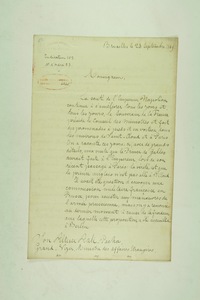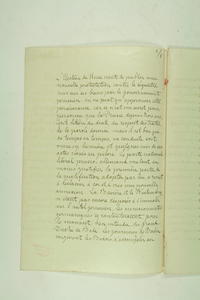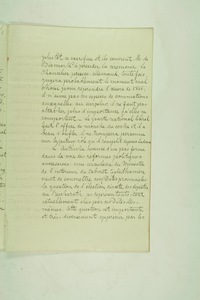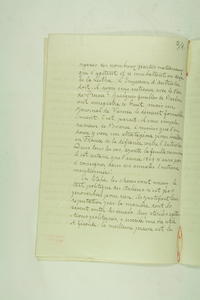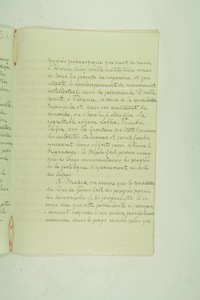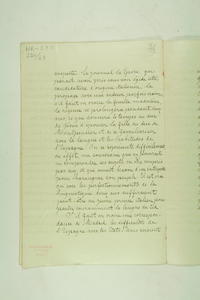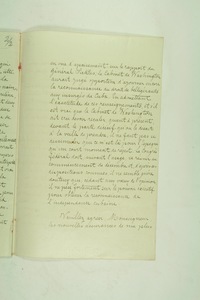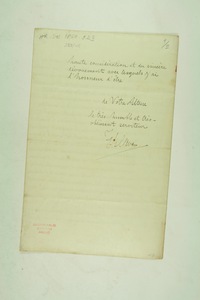Ottoman Diplomats
Letters from the Imperial Legation in Brussels (1849–1914)
Synopsis
Glavany reports that the health of French Emperor, Napoleon III improved day by day. France abandoned its intention to send a military commission to Prussia, for Berlin did not seem to be so keen on it. Glavany was glad to have read about the protestations of the electoral prince of Hesse against Prussia’s sequestrations, since Prussia did not seem to care about rights, treaties or a given word. It was necessary from time to time to shed a light on Prussia’s attitude, Glavany stated. Prussia’s national-liberal party disapproved of a new annexation. In the meantime, Austria progressed on the road of political reforms. Cisleithania (the Austrian part of the Dual Monarchy) addressed the question of direct elections of members of the Reichsrath. Glavany explains the importance of this proposal. The situation in Italy improved, and Glavany gives three examples of Italy’s politics of appeasement. In Madrid, the Duke of Genoa has become a popular candidate to the throne, which Glavany finds suspicious, as Prince Tommaso was rather unknown. Furthermore, he could not speak Spanish yet. The difficulties between Spain and the United States seemed to have calmed down, as the American government was prepared to postpone their acknowledgement of the Cuban rebels as belligerents. This peaceful situation only seemed to be temporary.
Facsimiles
How to cite
If you use this website for your own research, we kindly ask you to mention the following reference in your publications:
Consulted online at Ottoman Diplomats: Letters From the Imperial Legation in Brussels (1849–1914) (2014 Edition), Centre for Political History (PoHis), University of Antwerp, <http://dighum.uantwerpen.be/ottomandiplomats/>.
